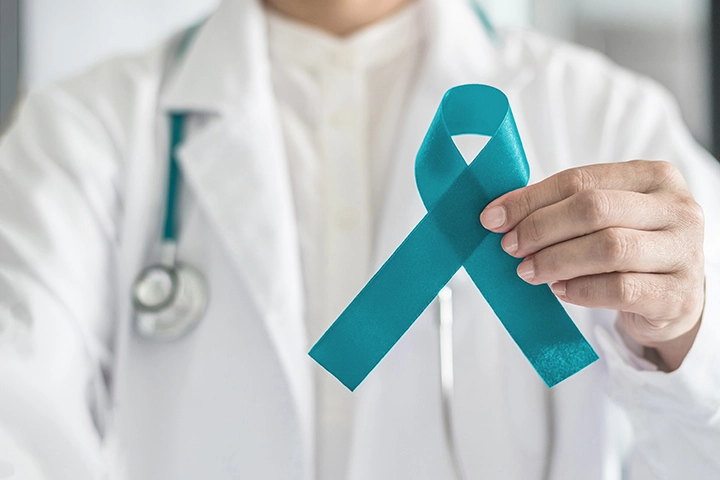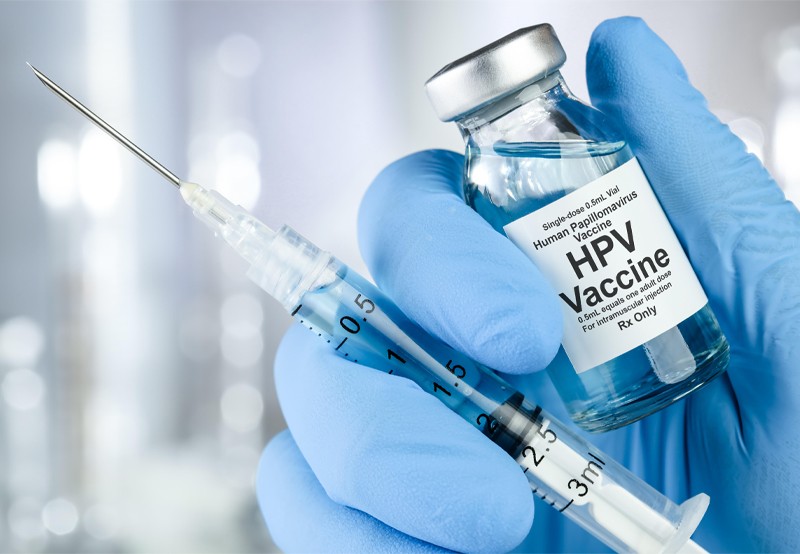January 25, 2023

Homecare Agency in Philadelphia Highlights: Cervical Health Awareness

Cervical cancer is one of the leading causes of cancer-related deaths in women every year. The American Cancer Society estimates that we will see about 13 960 new cases of invasive cervical cancer in 2023, with approximately 4,130 women dying from the disease this year. While outcomes have improved with better screening, we still have much to do to improve the health of women and those with uteruses. Let’s look at what cervical cancer is and how we can prevent it from developing.
What Is Cervical Cancer?
Cervical cancer is cancer that starts in the cells of the cervix. The cervix is the lower part of the uterus that connects to the vagina. The cervix has two parts, the ectocervix (or exocervix), which can be seen during a routine pelvic exam, and the endocervix, which forms a canal that connects the vaginal canal and uterus. Most cervical cancers start with the squamous cells that connect the ectocervix and endocervix.
Cancer is an abnormal growth of cells, where the cells begin to grow out of control and in a way that prohibits the normal functioning of tissue around them or causes damage. In the cervix, cancer usually starts as dysplasia, abnormal pre-cancerous cell growth.
Screening for Cervical Cancer
Regular screenings for cervical cancer can be life-saving. If found early, most forms of cervical cancer can be treated easily. A Pap test is performed on cells taken from the cervix during an annual gynecological visit. If abnormalities are found, the doctor may recommend treatment to remove the abnormal cells or may want to watch the cells for further development, depending on the specifics of the abnormalities.
Preventing Cervical Cancer
One of the most common causes of dysplasia and cervical cancer is the sexually transmitted virus HPV (human papillomavirus). With the development of the HPV vaccine, we have a vaccine that can prevent cancer. Young women should get the vaccine before they become sexually active to ensure that they are protected from getting the virus from a sexual partner. Even those in same-sex relationships should get the HPV vaccine, as any kind of skin-to-skin contact can transmit the virus.
While the vaccine has been a boon in helping prevent cervical cancer, it does not negate the importance of regular screening. While HPV is responsible for most cervical cancer cases, it is not for all. Other factors, including genetics, can impact your likelihood of developing cervical cancer. In addition, your doctor can perform an HPV test alongside a Pap test to look for the virus. This is especially important for those who were already sexually active before the development of the HPV vaccine and who may not see the vaccine’s effectiveness as a result.
Age Is Not a Protection Against Cervical Cancer
While most people who develop cervical cancer are under 50, cancer risks remain significant as we age. It’s important to receive regular screenings. If you’re over 65, your risk of developing cervical cancer is still 20%, so keeping your appointments is essential.
Your Philadephia homecare agency can help you keep your appointments and more. Contact Stay at Home Homecare to schedule a consultation today.

